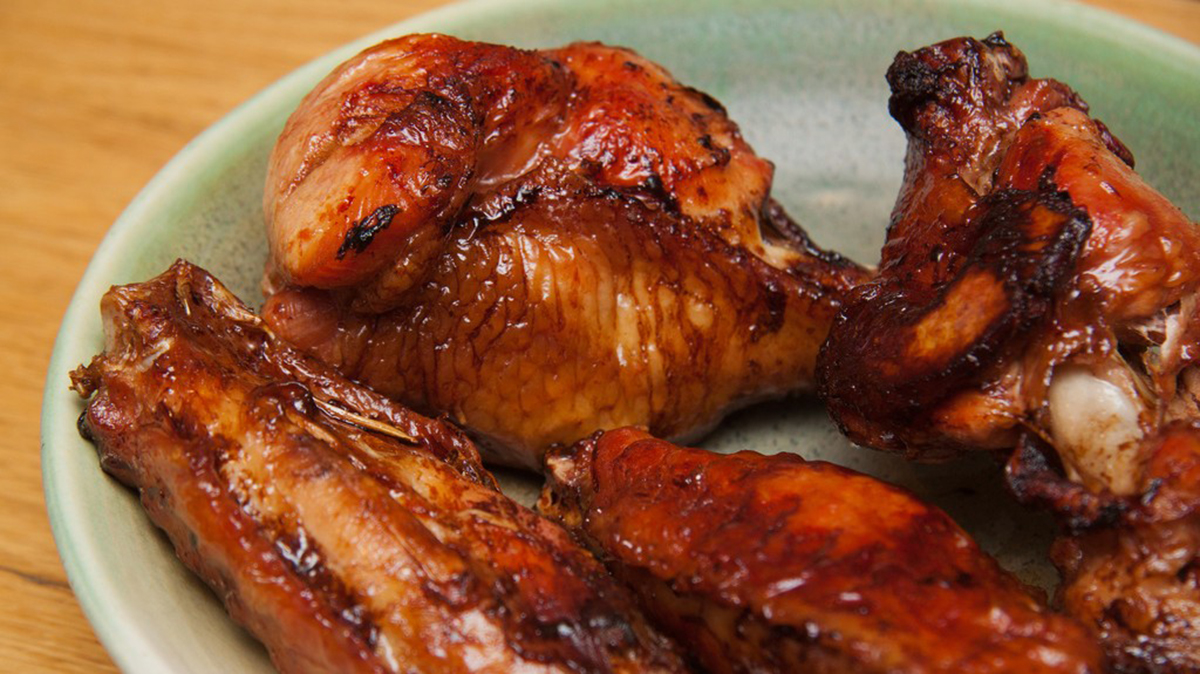Table of Contents
Iron is everywhere, but since it is not absorbed in high quantities, we have to make sure that our diet is rich in food that contains this important mineral. Children and women specially, need more iron than anyone else. Children's iron requirements are greater because they are in a stage of growth and development; women need more iron because they loose some of it during their menstrual periods, and if pregnant, they need iron for them and the baby.

Natural sources of iron
We can get iron from two nutritional sources; depending on the source, the iron that is obtained is classified in heme or non heme iron.
The one thing to take into account here is that, while heme iron absorption is hardly affected by dietary factors, non heme iron is a bit more difficult to absorb.
On the other hand, phytates and polyphenols prevent iron from being absorbed. These two are chemical compounds found mainly in fruits, vegetables, cereals, tea, coffee and wine. Also, animal proteins present in milk and egg can affect iron absorption.
It is important then to make sure that if we want to change our diet to a vegetarian or vegan one, we consult this with a specialist in order to make sure we are getting the right amount of iron and other nutrients that our body needs day to day.
What happens when we don´t get enough iron?
Iron deficiency occurs when there is not enough iron in the storage organs to fulfill our daily requirements.
Also, there are certain health conditions that alter iron absorption at the level of the gastrointestinal tract, so even when we get enough iron from food, it is not absorbed.
See Also: Cold Hands And Feet: The Sign Of Iron Deficiency?
As a consequence of iron deficiency, hemoglobin cannot be produced and our red blood cells can no longer transport oxygen to our tissues, causing what is known as anemia.
Iron deficiency can be easily prevented. First of all, you have to make sure that your diet is varied; if you are following a certain lifestyle, such as vegetarianism or veganism, be aware that you may need supplements to compensate for the lack of iron in your diet. Also, avoiding foods that inhibit iron absorption, like coffee and tea, helps in maintaining your iron supplies in the normal range.
- ABBASPOUR, N., HURRELL, R. & KELISHADI, R. 2014. Review on iron and its importance for human health. J Res Med Sci, 19, 164-74
- LIEU, P. T., HEISKALA, M., PETERSON, P. A. & YANG, Y. 2001. The roles of iron in health and disease. Mol Aspects Med, 22, 1-87.
- Photo courtesy of U.S. Department of Agriculture by Flickr : www.flickr.com/photos/usdagov/8454756165
- Photo courtesy of Tim Sackton by Flickr : www.flickr.com/photos/sackton/6621113051


Your thoughts on this